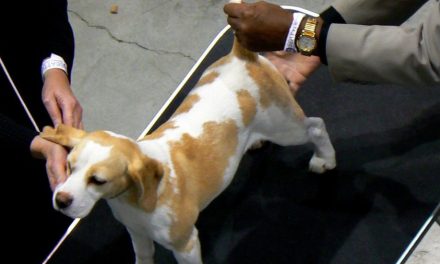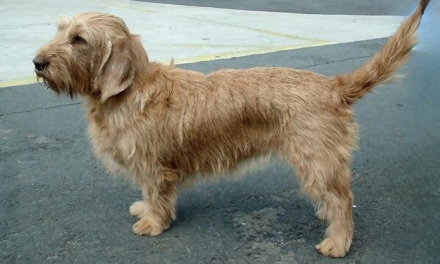The Scottish Government has announced a proposal to licence dog fertility clinics, marking a significant move towards regulating unmonitored breeding practices.
This decision follows ongoing campaigns led by the British Veterinary Association (BVA) and animal welfare groups, aimed at curbing the rise of unregulated dog breeding services in Scotland.
Licensing Requirements for Dog Breeding Services
The proposed scheme requires all businesses offering dog fertility services to obtain an annual licence and undergo regular inspections. This move is in response to growing concerns within the veterinary community about the increasing number of facilities providing dog breeding services without proper qualifications or veterinary oversight, potentially endangering animal welfare.
The announcement aligns with recommendations from the BVA and the British Small Animal Veterinary Association (BSAVA) published earlier this year. These recommendations called for the licensing of establishments offering canine breeding services, stricter enforcement of existing animal welfare regulations, and the closure of legal loopholes that have allowed unregulated breeding practices to proliferate.
BVA Supports the Crackdown on Unregulated Clinics
BVA President Dr. Anna Judson expressed support for the Scottish Government’s initiative, emphasising the importance of this licensing step. She stated, “The British Veterinary Association is pleased to see the Scottish Government act on the veterinary profession’s recommendations and take the lead in clamping down on unregulated canine fertility clinics. Vets across the UK have raised concerns over the growth in facilities offering dog breeding services without any qualifications or veterinary oversight over the last few years, fuelling a potential animal welfare disaster.”
Dr. Judson also stressed the necessity of mandatory inspections, adequate funding for local authorities, and strict penalties for non-compliance to ensure the success of the licensing framework. She highlighted the need for a named Royal College of Veterinary Surgeons (RCVS)-registered vet at each facility, with requirements for active veterinary involvement and oversight at all times.
The BVA is urging governments in England, Wales, and Northern Ireland to follow Scotland’s example and implement similar measures to address the growing concerns over dog welfare and breeding practices. The association looks forward to collaborating with the Scottish Government to develop a robust and effective licensing framework that protects animal welfare and ensures responsible breeding practices.








